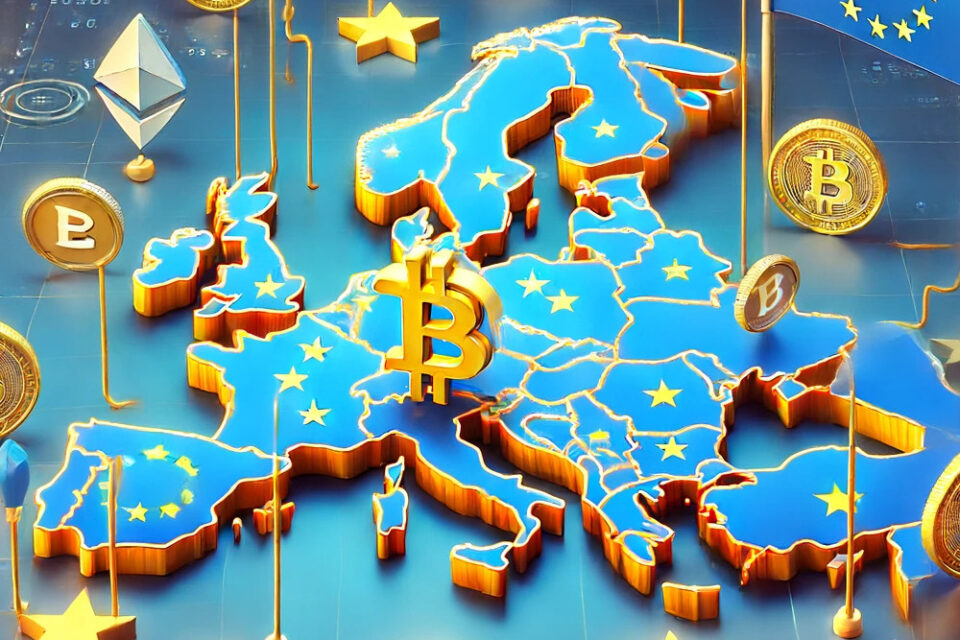On June 13, the European Fee unveiled the members chosen for the second cohort of the European Blockchain Sandbox initiative (EBSI), amongst which Iota stands out as a notable entry.
Iota, a well-established entity within the open-source distributed ledger and cryptocurrency area, has been chosen for its revolutionary Web3 Identification resolution, a venture in collaboration with Walt.id, IDnow, Bloom Pockets, and HAVN.
Addressing Challenges of Conventional KYC Processes
The inclusion of Iota’s Web3 ID resolution in EBSI signifies a pivotal development for the identification administration expertise. The venture goals to handle the challenges related to conventional Know Your Buyer (KYC) processes which are usually marked by excessive prices, inefficiencies, and privateness considerations.
Iota’s method proposes a reusable KYC system that leverages distributed ledger expertise (DLT) and tokenization, thereby enhancing safety and granting customers higher management over their private knowledge.
As a part of this resolution, the KYC course of begins with distant identification dealt with by IDnow, making certain adherence to EU Anti-Cash Laundering (AML) and KYC laws.
As soon as verified, the identification is tokenized and saved in a person’s pockets as a soulbound token, which may be utilized throughout varied Web3 purposes to verify identification with out disclosing private particulars.
The European Fee initiated the EBSI in 2023, aiming to offer a managed testing atmosphere for DLT options throughout numerous industries.
The sandbox permits as much as 20 tasks per cohort, providing them alternatives for sensible testing, validation, and direct engagement with regulators from throughout the European Union.
The collection of tasks alongside Iota contains numerous purposes such because the RealEstate.Alternate (REX) by DigiShares, targeted on blockchain options for actual property, DoxyChain which targets paperwork and enterprise processes, Hacken which is concerned in sensible contract and blockchain safety evaluation, and Origintrail which integrates synthetic intelligence into information infrastructure.
A Well timed Initiative Aligning with EU’s Digital Identification Push
This initiative by the European Fee is well timed, given the energetic pursuit of a complete digital ID scheme inside the EU. A major replace to the European Digital Identification (EUDI) regulation on Could 21 set forth the total implementation necessities by 2026.
This regulation mandates member states to offer not less than one EU digital identification pockets to all residents and residents, supposed to be used in electronically signing and storing varied paperwork reminiscent of college diplomas and prepare tickets, showcasing a forward-thinking method in enhancing how European residents dwell and work.
Furthermore, the idea of zero-knowledge proofs is into account for the creation and implementation of those digital ID wallets, reflecting an revolutionary stride in direction of privateness and safety.
In a broader context, the digital identification sector is experiencing widespread innovation, as evidenced by The Open Community blockchain ecosystem’s latest initiative.
It has devoted $5 million in Toncoin (TON) tokens to encourage customers to confirm their identification utilizing superior palm scanning expertise.
This transfer is indicative of a world development in direction of creating digital identification options in an more and more digital world, marking a big step ahead in regulatory discussions and implementations surrounding KYC and privateness inside a Web3 framework as initiated by Iota’s participation within the EBSI.
